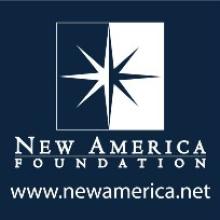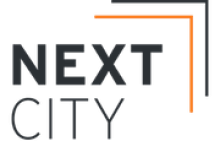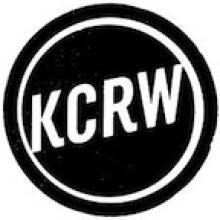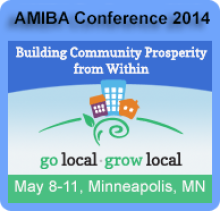Chris Visits With Kevin Reese and Margaret Flowers on Network Neutrality
Christopher recently joined Kevin Zeese and Margaret Flowers for an interview on the "Clearing the Fog" radio show. Kevin and Margaret also spoke with Mary Alice Crim from the Free Press.
From the show page:
We discuss the FCC’s plan to eliminate net neutrality on May 15. FCC chair Tom Wheeler will be deciding on new rules regarding the internet that will allow those who have wealth to have faster service and will leave the rest of us behind with internet service that ranks us between 35th and 40th in the world. The internet will become a pay-to-play entity rather than being treated as a public good – something to which all people should have the same standard of access. We will discuss the upcoming decision at length and what people are doing to stop it. And we will discuss the growing movement to municipalize internet service.
Margaret and Kevin also posted their article originally published on Alternet. They provide information about network neutrality, offer resources, and suggest action to make your voice heard.









